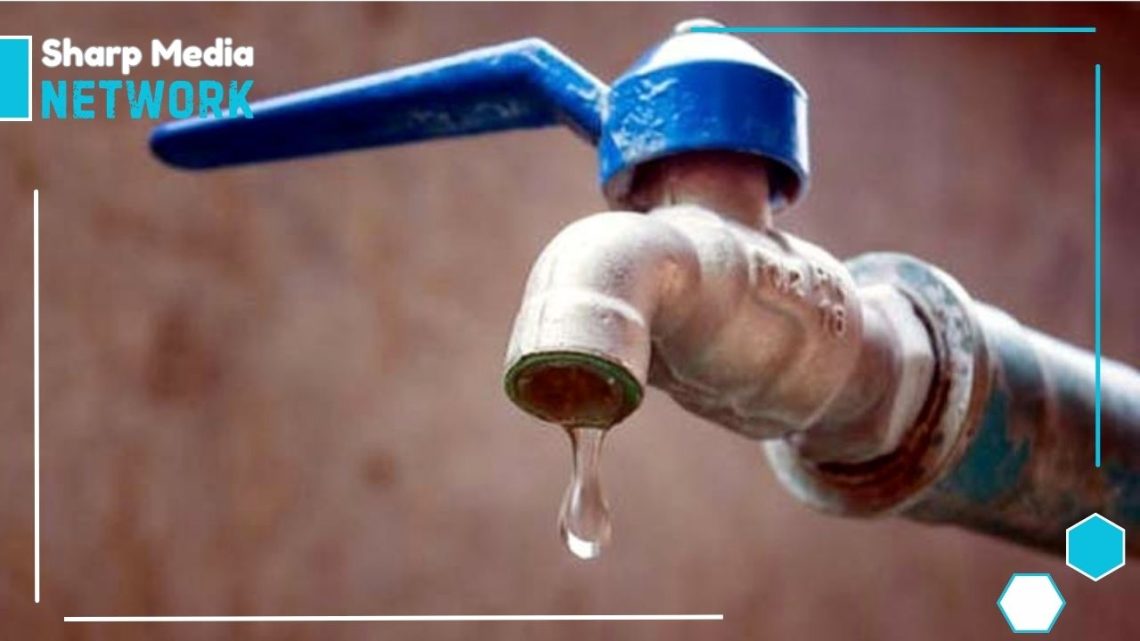
Severe Water Crisis in IIOJK: A Reflection of Neglect and Unfulfilled Promises
March 27, 2025The ongoing water supply disruption in Indian Illegally Occupied Jammu and Kashmir (IIOJK) reveals not only the Modi government’s failure to address basic needs but also exposes the systemic neglect of the region’s residents.
For the past five days, the people of IIOJK have been enduring a severe water crisis, with no alternative supply arrangements in place. This disruption has sparked protests from workers demanding wage parity with their counterparts in Ladakh, highlighting the growing economic disparity between the regions. Despite the unrest, the Indian government has failed to take any substantial action, leaving the region’s residents to continue their struggle.
Protesters, many of whom work in public services, have been vocal about their demand for wage equality with Ladakh. They argue that the current wage structure, which does not reflect the cost of living in IIOJK, has led to economic hardship. However, the government has done little to address this issue, and the protests are intensifying as a result. Workers vow to continue their demonstrations until their demands are met, with no signs of resolution in sight.
This water crisis in IIOJK is more than just an inconvenience—it is a clear reflection of the Modi government’s failure to provide essential services to the region. The lack of access to clean water for several days demonstrates the government’s indifference to the needs of the people, further deteriorating the ongoing economic and social challenges in the region. For many, this crisis symbolizes the neglect that Kashmiris have faced since the revocation of Article 370 in 2019.
The BJP’s claims of integrating IIOJK into India for “development and economic prosperity” now ring hollow. Instead of witnessing development, the region is experiencing increased deprivation. Local businesses are struggling, job opportunities are shrinking, and basic services such as water supply are being disrupted. Residents, including those in Jammu, are beginning to feel betrayed by the government’s promises. Many once welcomed the revocation of Article 370, hoping for positive change, but now they see little benefit, only growing hardship.
The situation has also sparked tensions between different regions of IIOJK. Protesters from Jammu, which is dominated by the BJP, have accused Modi of exploiting their community for electoral gain. They argue that the government’s failure to address local issues is a betrayal of the trust placed in them by Jammu’s voters. This growing frustration with the BJP’s handling of the region is becoming more evident as the protests continue to spread.
Kashmiris are not only demanding wage parity but are also speaking out against the wider systemic disempowerment they face. The repression of protests and the lack of action to restore water supply are just the latest signs of a larger problem—Kashmiris continue to struggle for basic rights while the government prioritizes political control over their well-being.
The ongoing water crisis, combined with the wage disparity and suppression of protests, paints a gloomy picture of the situation in IIOJK. It is clear that the Modi government’s promises of “development and peace” are not being realized, leaving residents to cope with continued deprivation, exploitation, and oppression under the current political regime.

